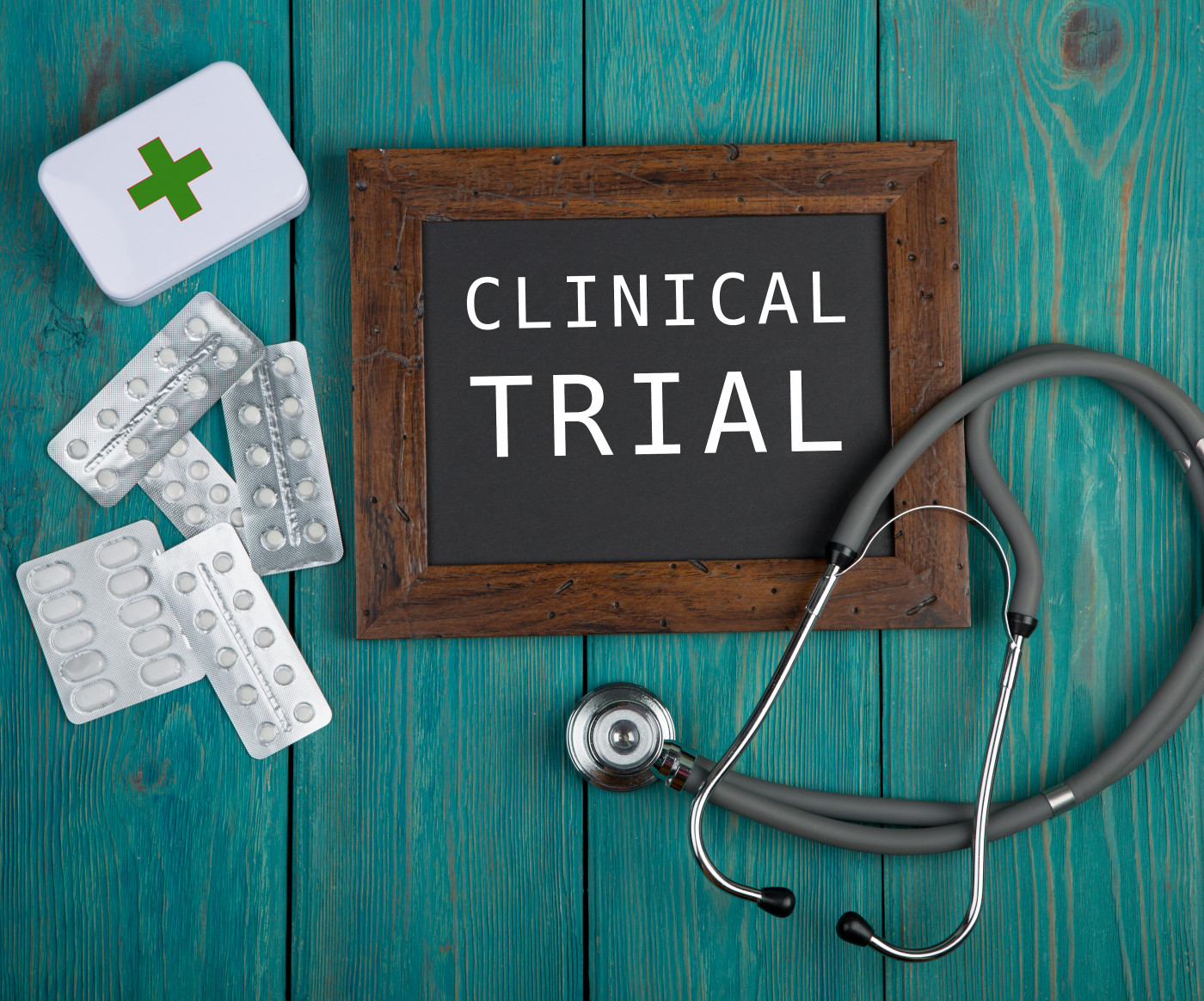FDA Awards Fast Track Status to Revalesio’s RNS60 for ALS; Phase 2 Trial Recruiting
Written by |

The U.S. Food and Drug Administration (FDA) has granted Fast Track designation to Revalesio’s experimental therapy RNS60 for people diagnosed with amyotrophic lateral sclerosis (ALS). A phase 2 trial is now recruiting participants.
Fast Track designation is intended to shorten the time it takes for the investigational therapy to reach patients with serious illnesses, giving Revalesio the opportunity to have more frequent communications with the FDA about the required data for drug approval. RNS60 may also be eligible for accelerated approval and priority review if relevant criteria are met.
RNS60 is an experimental compound that acts on the immune and inflammatory mechanisms implicated in ALS.
Preclinical studies showed the drug protects the integrity of neurons and other supporting cells in the brain and spinal cord by specifically modifying inflammatory pathways, thus preventing cell damage or death.
The therapy’s protective effects were seen not only in animal models of ALS, but also in multiple sclerosis, Alzheimer’s disease and Parkinson’s disease models.
“Receiving Fast Track designation is an important milestone on the path of developing RNS60 as a treatment for patients suffering from ALS,” Greg Archambeau, president of Revalesio, said in a news release.
An open-label, pilot study (NCT02525471) aimed at defining RNS60’s safety and tolerability in ALS was recently completed at Boston’s Massachusetts General Hospital (MGH). The findings, “A pilot trial of RNS60 in amyotrophic lateral sclerosis,” were published in Muscle & Nerve.
Researchers reported that 13 of the 16 recruited patients completed the study protocol (23 weeks). RNS60 was administered in two ways: by intravenous infusion one day a week (375 ml infused over a 40-minute period) and by inhalation (the remaining six days a week, at 4 ml/day) for 23 weeks.
Long-term RNS60 administration was safe and well-tolerated, with no serious adverse events.
“In people with ALS, vital capacity usually drops by about 3 percentage points every month,” Archambeau said. “In contrast, we saw roughly the same drop over five months of treatment in the study at MGH.”
Vital capacity is the maximum amount of air that can be inhaled or exhaled from the lung. Such measurement can be used as an index of respiratory function in ALS.
A multicenter, randomized, double-blind, placebo-controlled Phase 2 trial (NCT03456882) is enrolling participants in Italy and the U.S. to test the effects of RNS60 on ALS biomarkers and disease progression.
Patients will be randomly assigned RNS60 or placebo, which will be administered by intravenous infusion once a week and inhaled via nebulizer every morning for 24 weeks.
All participants will also take a 50mg tablet of rilutek (riluzole), the only known medication to have an impact on survival in ALS, twice a day.
Blood samples for biomarker analysis will be collected in the screening period, on Day 1 and in the fourth, 12th and 24th weeks. RNS60’s safety and potential therapeutic effects will also be evaluated.
So far, researchers have recruited 76 of 142 patients.
“We are hopeful that this placebo-controlled study will confirm the vital capacity result we saw in the MGH study,” Archambeau said. “If reproducible, this effect would be significant for the development of RNS60 as a treatment of ALS.”





